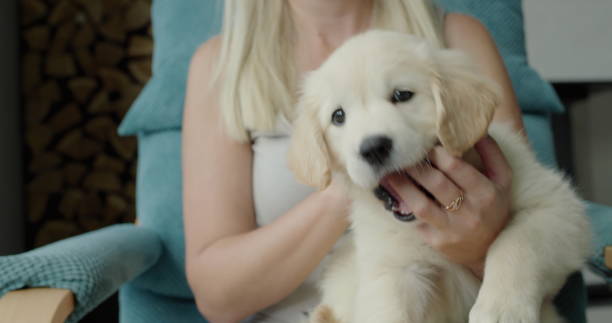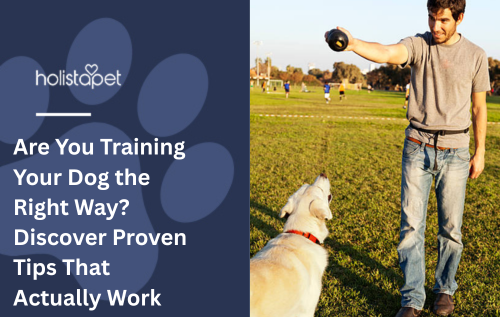Dog biting isn’t just a frustrating behavior—it can also be dangerous if left untrained. Whether you’re dealing with a playful pup that’s nipping too hard or an adult dog that’s showing aggression, dog biting training is essential for every responsible dog owner.
In this guide, we’ll cover everything you need to know about stopping biting behavior quickly, safely, and effectively.
 Why Do Dogs Bite?
Why Do Dogs Bite?
Before you begin training, it’s important to understand why your dog is biting. Common reasons include:
-
Teething (in puppies)
-
Fear or anxiety
-
Territorial behavior
-
Overstimulation or frustration
-
Poor socialization
Knowing the root cause will help tailor your dog biting training plan more effectively.
Effective Dog Biting Training Techniques
Here are proven methods to stop your dog from biting:
1. Redirect the Behavior
Use chew toys or bones to redirect your dog’s attention away from hands, shoes, or furniture.
2. Use Positive Reinforcement
Reward calm behavior. When your dog stops biting or listens to the “no bite” command, reward them with praise or a treat.
3. Implement the “Yelp” Technique
When your puppy bites too hard, let out a loud “yelp” like another dog would. This signals that the bite hurt and play should stop.
4. Timeouts Work Wonders
If your dog continues biting during play, stop interaction immediately. Dogs learn that biting ends fun.
5. Socialize Early
Expose your dog to other dogs and people in controlled environments to reduce fear-based biting and encourage healthy behavior.
6. Obedience Training
Basic commands like “Sit,” “Stay,” and “Leave it” help build discipline and control over impulsive behavior.
 Frequently Asked Questions
Frequently Asked Questions
Q1: Is it normal for puppies to bite a lot?
Yes, puppies explore the world with their mouths, and teething can increase biting. However, they need to be taught bite inhibition early.
Q2: At what age should I start dog biting training?
You can start as early as 7-8 weeks old. Early intervention is key to preventing long-term aggressive behaviors.
Q3: What if my adult dog is biting?
If an adult dog is biting, especially with aggression, consult a professional dog trainer or behaviorist. It may indicate deeper behavioral issues.
Q4: Can punishment stop biting?
Avoid harsh punishment—it can increase fear and aggression. Focus on positive reinforcement and consistency instead.
Q5: How long does it take to stop dog biting?
Every dog is different, but with consistent training, most owners see results in 2 to 6 weeks.
Helpful Notes
-
Always remain calm during training—dogs sense frustration.
-
Avoid rough play that encourages nipping or biting.
-
If biting escalates, rule out pain or medical issues with your vet.
-
Use safe chew toys to meet your dog’s natural urge to bite.
Final Thoughts
Dog biting training doesn’t have to be overwhelming. With patience, consistency, and the right techniques, you can teach your dog to stop biting and start behaving better in no time. Whether you’re working with a mischievous puppy or a stubborn adult dog, it’s never too late to create safer, more positive interactions.
Training your dog today means fewer worries tomorrow—and a happier life for both of you.


 CBD Oil for Dogs - Fast Acting
CBD Oil for Dogs - Fast Acting
 Chicken Flavored CBD Oil For Dogs - Easy Dose
Chicken Flavored CBD Oil For Dogs - Easy Dose
 Salmon Flavored CBD Oil For Dogs - Highly Rated
Salmon Flavored CBD Oil For Dogs - Highly Rated
 CBG Oil for Dogs and Cats - Loved by Thousands
CBG Oil for Dogs and Cats - Loved by Thousands





Leave a comment
All comments are moderated before being published.
This site is protected by hCaptcha and the hCaptcha Privacy Policy and Terms of Service apply.